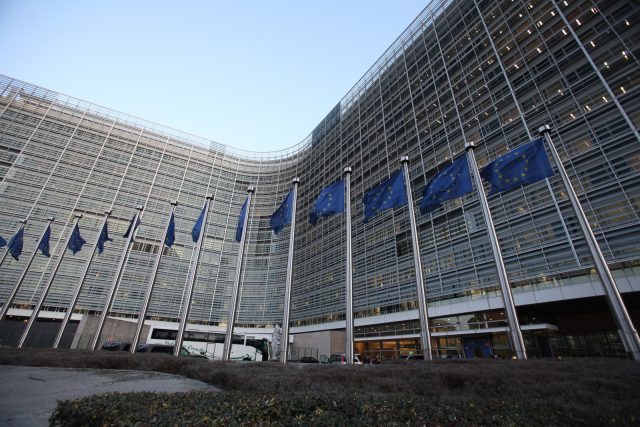$7 million from Shell and NOAA up for grabs.
Mice burned fewer calories and had altered bacterial and viral communities.
The Barnes & Noble NOOK Glowlight Plus is an eReader with a 1072 x pixel E Ink touchscreen display, an ambient light, and 4GB of storage. It’s basically B&N’s answer to the latest Amazon Kindle Paperwhite, except the NOOK Glowlight Plus has a classier design with bronze aluminum and white plastic… oh yeah, it’s also waterproof. […]
Now you can root the NOOK Glowlight Plus eReader is a post from: Liliputing

The Barnes & Noble NOOK Glowlight Plus is an eReader with a 1072 x pixel E Ink touchscreen display, an ambient light, and 4GB of storage. It’s basically B&N’s answer to the latest Amazon Kindle Paperwhite, except the NOOK Glowlight Plus has a classier design with bronze aluminum and white plastic… oh yeah, it’s also waterproof. […]
Now you can root the NOOK Glowlight Plus eReader is a post from: Liliputing

2016 game may be thin on content but stuns with visuals, welcome VR-platformer twists.
After years of negotiation, European Union approves new data protection law.
Teams will present concepts for “pods” that can be run on an actual test track.
Mozilla has released Firefox 43 for Windows, Linux, OS X, and Android. And while there are some significant updates for each of those versions, there’s one big change for Windows users: you can now install a 64-bit version of Firefox. Up until recently Firefox 64-bit software was only available for Linux and OS X. The […]
Firefox 64-bit is now available for Windows is a post from: Liliputing

Mozilla has released Firefox 43 for Windows, Linux, OS X, and Android. And while there are some significant updates for each of those versions, there’s one big change for Windows users: you can now install a 64-bit version of Firefox. Up until recently Firefox 64-bit software was only available for Linux and OS X. The […]
Firefox 64-bit is now available for Windows is a post from: Liliputing

Collaboration is key to building the machine-learning boat and getting it afloat.
Google’s Project Fi is a wireless network that combines WiFi and cellular service and which refunds customers for unused data each month. For folks that don’t use a lot of data every single month, it can be a relatively affordable option. But up until recently Project Fi has only been available for a few devices: the Google […]
Project Fi adds support for tablets with data-only SIMs is a post from: Liliputing

Google’s Project Fi is a wireless network that combines WiFi and cellular service and which refunds customers for unused data each month. For folks that don’t use a lot of data every single month, it can be a relatively affordable option. But up until recently Project Fi has only been available for a few devices: the Google […]
Project Fi adds support for tablets with data-only SIMs is a post from: Liliputing





 Nach vier Jahren zäher Verhandlungen hat sich die Europäische Union neue Datenschutzstandards gegeben. Das Parlament konnte sich in wichtigen Punkten durchsetzen. Das dürfte vielen Firmen nicht gefallen. (
Nach vier Jahren zäher Verhandlungen hat sich die Europäische Union neue Datenschutzstandards gegeben. Das Parlament konnte sich in wichtigen Punkten durchsetzen. Das dürfte vielen Firmen nicht gefallen. (







